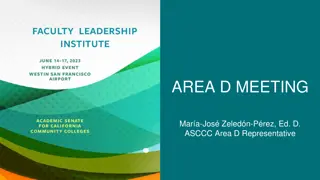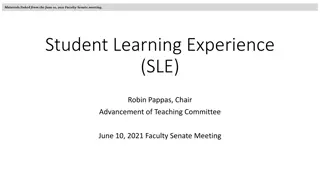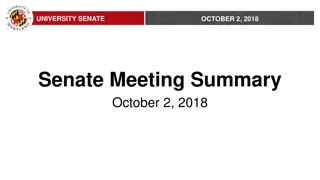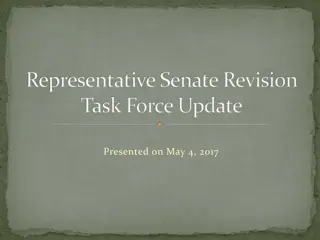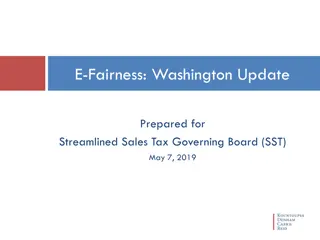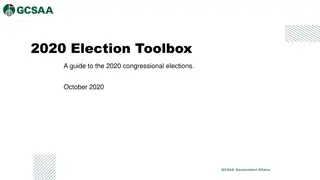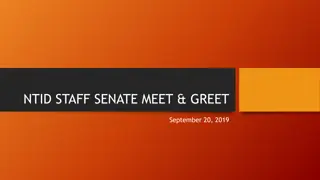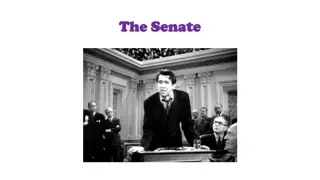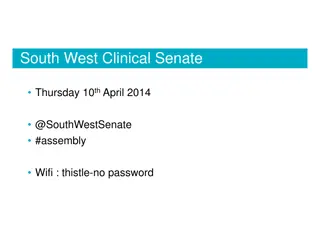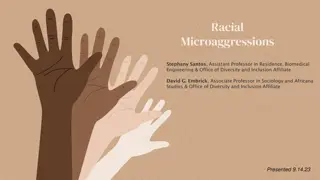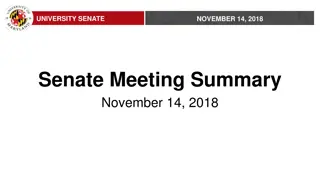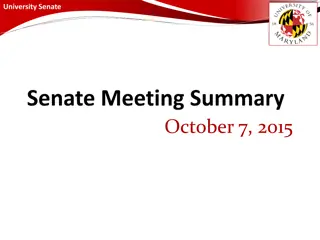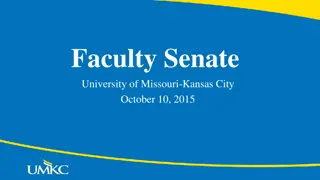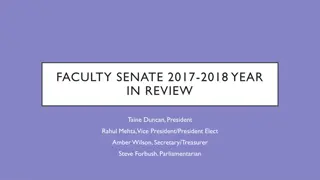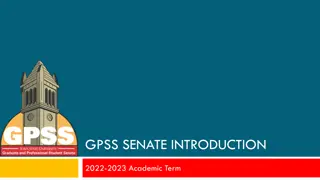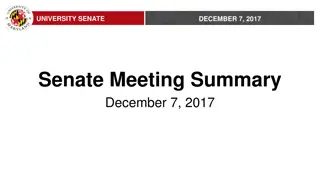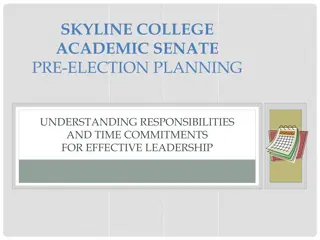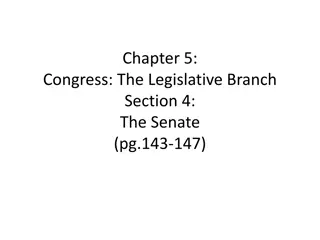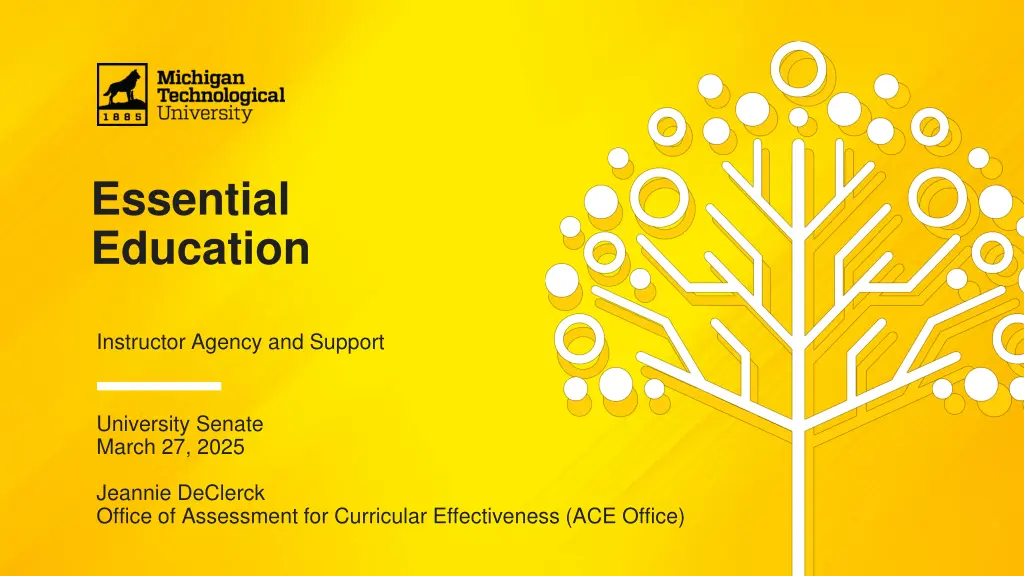
Enhancing Essential Abilities through Instructor Support
Explore how the Essential Education Program empowers students to develop key competencies for personal and professional success. Dive into the agency and flexibility instructors have in supporting Essential Abilities assessment, with a focus on instructor-based reporting and feedback mechanisms. Discover how the system welcomes instructor feedback for continuous improvement.
Download Presentation

Please find below an Image/Link to download the presentation.
The content on the website is provided AS IS for your information and personal use only. It may not be sold, licensed, or shared on other websites without obtaining consent from the author. If you encounter any issues during the download, it is possible that the publisher has removed the file from their server.
You are allowed to download the files provided on this website for personal or commercial use, subject to the condition that they are used lawfully. All files are the property of their respective owners.
The content on the website is provided AS IS for your information and personal use only. It may not be sold, licensed, or shared on other websites without obtaining consent from the author.
E N D
Presentation Transcript
Essential Education Instructor Agency and Support University Senate March 27, 2025 Jeannie DeClerck Office of Assessment for Curricular Effectiveness (ACE Office)
Essential Ed is for our students Essential Abilities Essential Education Program provides a system for students to develop key competencies to support their future personal and professional success. Question Assumptions Evaluate Information Analyze Ethical Implications Communicate Quantitatively Communicate Contextually Foster Collaboration Explore Diverse Perspectives Reflect Welcome Challenge Engage in Civic Life Innovate Solutions Create Integrate their learning through documentation and reflection Develop metacognitive skills Develop Essential Abilities Each course plays a role in supporting students in these.
Agency - Flexibility in choosing For Course Design Essential Ability -- For many of the course lists, instructors have options in which Essential Abilities they support and assess For Student Upload to Husky Folio Assignment(s) you ask students will upload For Your EA Assessment for Improvement Assignments -- evidence of student progress on the EA (Can be the same assignments selected for Husky Folio but don t need to be.) Student reflection questions you provide Criteria -- use official EA rubric or use an adapted or custom rubric so applicable to your course and assignment When in the semester students upload to Husky Folio Your grading approach - complete/not-complete or grade, rubric, providing feedback, etc. Scoring Methodology - hand scoring, data from Canvas assignment rubric or quiz, etc.
Agency - Instructor-based assessment reporting You plan your approach to provide you with meaningful insights into student weaknesses and strengths -- helping you choose the focus for course-improvement efforts. Used in Math and Science courses since 2014, and piloted for other course types from 2021-23. Instructor-Reported Advantages Allows quick course adjustments based on findings. Develops transferable skills and insights for other courses. More time-consuming, but better for supporting learning outcomes (i.e., Essential Abilities) in courses. Findings are more robust and actionable due to the larger sample sizes (often 100% vs. 10%). Since instructor tells their own story, summer reviewers are able to prepare meaningful feedback for the instructor and identify instructors to recognize.
Agency - Essential Ed system that welcomes instructor feedback In-Unit Representative Reach out to your in-unit representative(s) on either the Steering Committee or Course List Teams. Nearly all departments and colleges have representation. Early-semester Complete/submit the Course Planning Tool (Google Form) for each of your courses - Less than 15 minutes to complete; every semester; every year Guides you in specific features of the course list Way to provide feedback and request assistance End-of-Semester Prepare Essential Ability (EA) summary of assessment findings and improvement plans 3-year cycle -- reports (Year 1) and updates (Year 2) Upload reports/updates and provide feedback/suggestions (using a Google Form)
Support - Professional development Essential Ed Workshops for Instructors - offerings https://forms.gle/MQACYBeGReMYmBzR9 Part 1 - Setting Up Your Course Brief overview of Essential Ed Completing the Course Planning Tool Connecting courses to the Essential Ed framework Aligning your course with Essential Abilities Part 2 - Husky Folio & Continuous Improvement Brief overview of Husky Folio Husky Folio walk through of students uploading an assignment and reflection Continuous improvement for Essential Abilities Preparing an instructor EA report Other CTL co-sponsored events next year Essential Ed Symposium - April 30 SHAPE = Social Sciences Humanities & the Arts for People and the Economy/Environment
Support - Collaboration Possibilities While not required, collaboration has many potential benefits. Potential Collaborators Value Department, degree program, or disciplinary Subgroup Course Setup Essential Ability (EA) selection Husky Folio and reflection strategy Rubric sharing Assignment ideas Tailor content to align with shared disciplinary perspectives/goals Note: Degree programs do not have to assess Essential Ed s Essential Abilities (EAs), but that they can leverage them if desired. Course List or Essential Ability (EA) Subgroup Course Enhancement Streamline sharing of strategies and materials, while discussing specific challenges and solutions to enhance student EA proficiency Approaches to address student weaknesses Instructional techniques Assessment methodology Cross-disciplinary Subgroup -- based on availability Bring together diverse teaching and assessment perspectives to foster creative solutions for enhancing students' EAs and integrative learning skills
Assistance Instructors receive feedback for the EA reports/updates they submit. One-on-one consultations Jeannie Straw DeClerck Office of Assessment for Curricular Effectiveness (ACE Office) Library 218 or jsdecler@mtu.edu Nancy Barr, PhD, NREMT Support for Husky Folio, powered by PebblePad Walker 106 or nbbarr@mtu.edu Essential Ed Office hours Two Canvas Courses PebblePad Basics Training and Help Resources - ongoing development by the ACE Office, Steering Committee, and Course-List Teams. For your convenience, Forms and Resources (also linked at www.mtu.edu/learning-goals)
For more information: Forms and Resources (https://shorturl.at/vPJSr)

